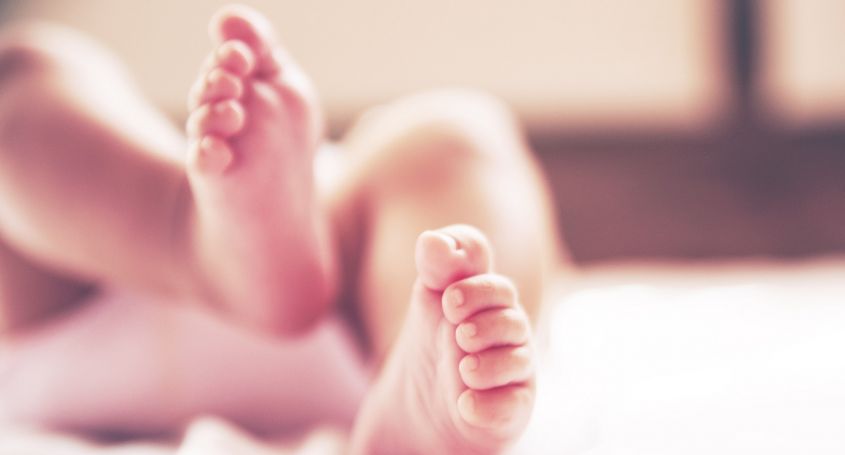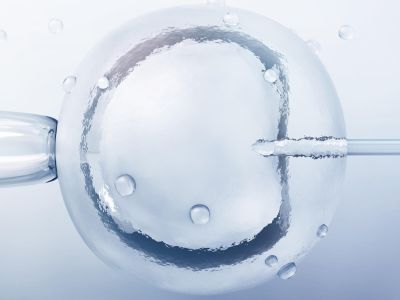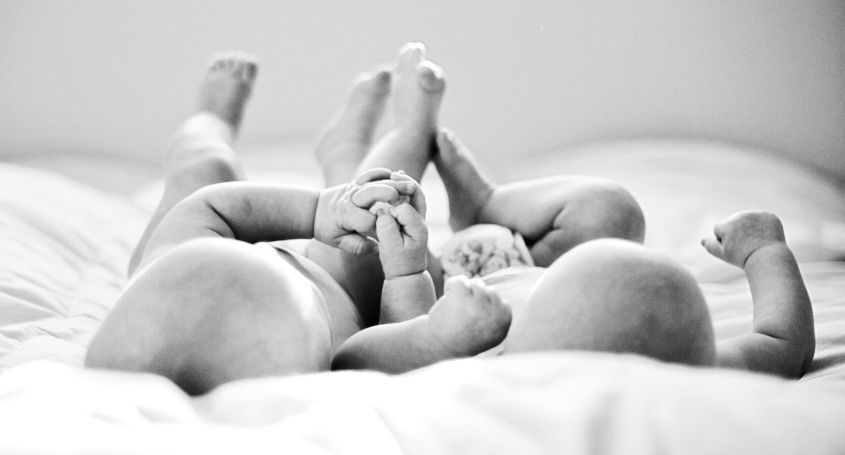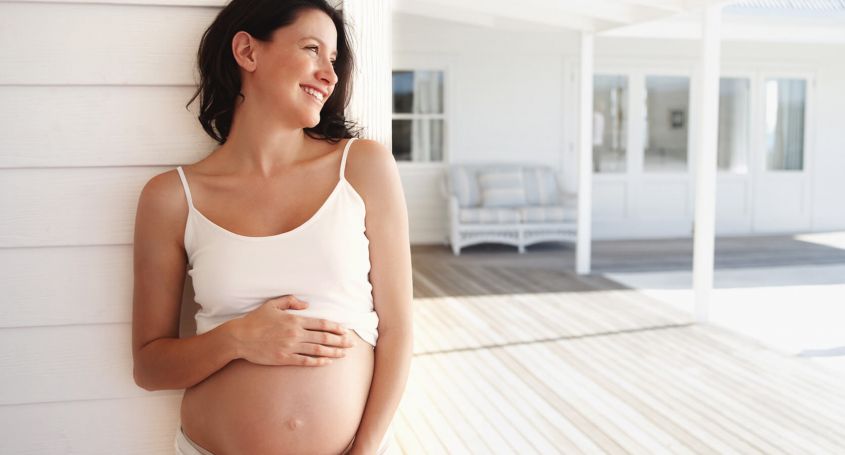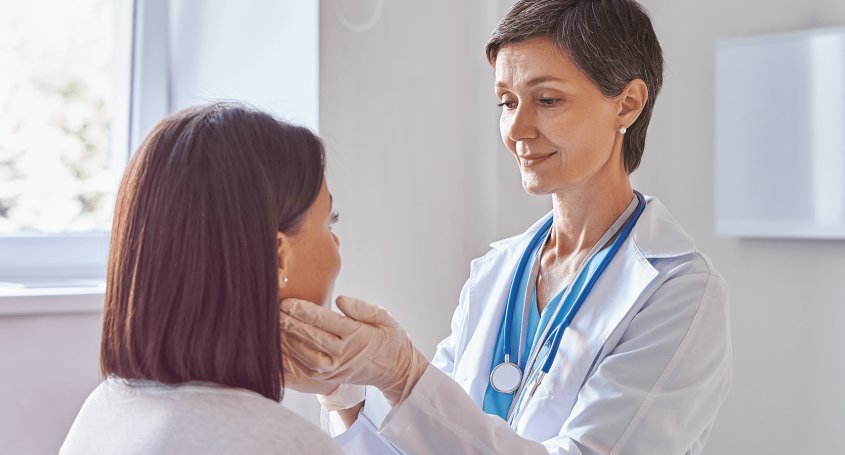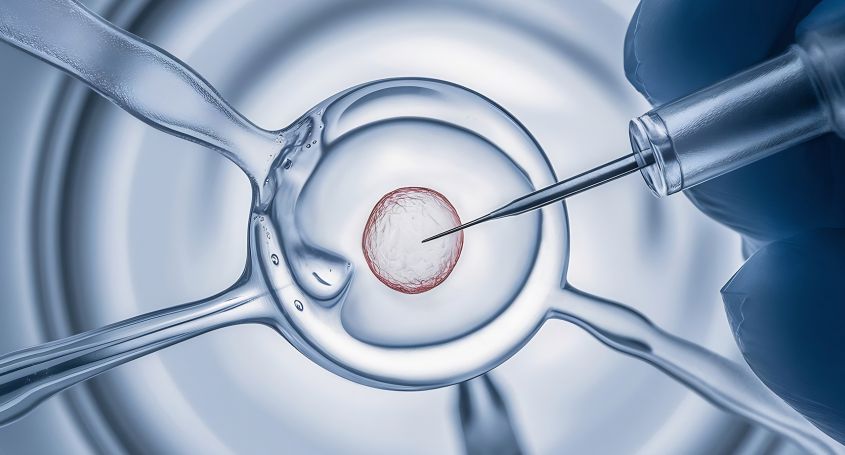A term delivery is considered a delivery between the 37###sup/sup### and 40###sup/sup### week of pregnancy. If all goes well, until then we will not be able to hold the baby in our arms, but we will be able to get to know it much earlier.
The first ultrasounds
The first ultrasound is usually done between week 6 and 8 of pregnancy. At this time, we confirm the presence of the fetus, seeing its shadow inside the gestational sac and hearing its heartbeat for the first time. And it is here, listening to two beats, when we can know if we are expecting twins or not.
At the 12-week ultrasound, the gynecologist assesses the anatomical development of the fetus for the first time. At 3 months the baby already has most of the organs. Although we may not notice it yet, it is able to move in its amniotic sac, and even move fingers and toes. In the case of twins, it will be possible to determine whether or not they share the placenta and to adapt the monitoring of the pregnancy to this increased risk.
20 weeks pregnant
Around the 20th week of pregnancy is when we can begin to notice the fetus movements. What begins as a tenuous sensation that puzzles us, will gain strength until we can clearly notice its kicks and turns.
At the 20-week ultrasound, the morphological characteristics of the fetus are even more evident. In this second trimester ultrasound, the gynecologist will observe the organs one by one, assessing their correct state of development. This is also the time when we can confirm the sex of the baby.
The last trimester
Now is when the fetus movements are very evident. The belly sticks out when the fetus moves its legs and arms, it can even become uncomfortable when it turns and changes orientation. Even before birth, the fetus has its own schedule, its sleep times and its times of activity. As the weeks go by, the mother will get to know it, when it is more still, when it notices that its mother has eaten or has changed position.
In the last trimester of pregnancy, thanks to 3D ultrasound technology, we can see the baby's face in detail, as long as it is well disposed. The period between week 24 and 30 is considered the optimal to perform them due to the proportion of amniotic fluid and the average size of the fetus.
Thus, pregnancy is a waiting time, but it is already giving us clues of what our baby will be like.
